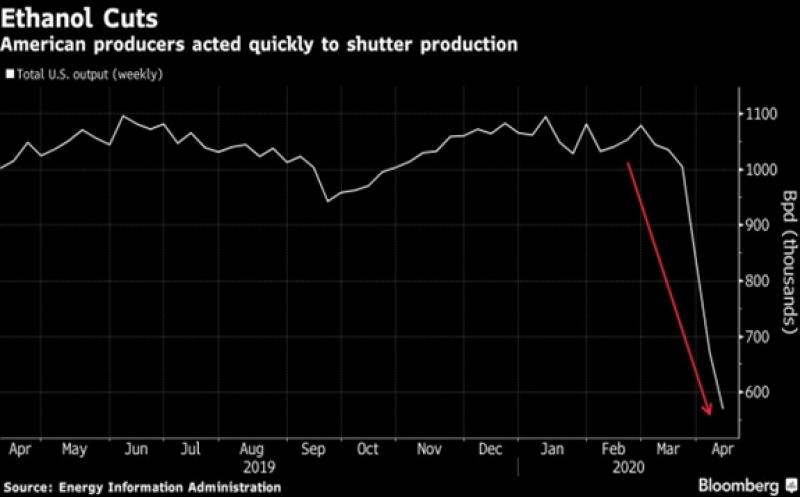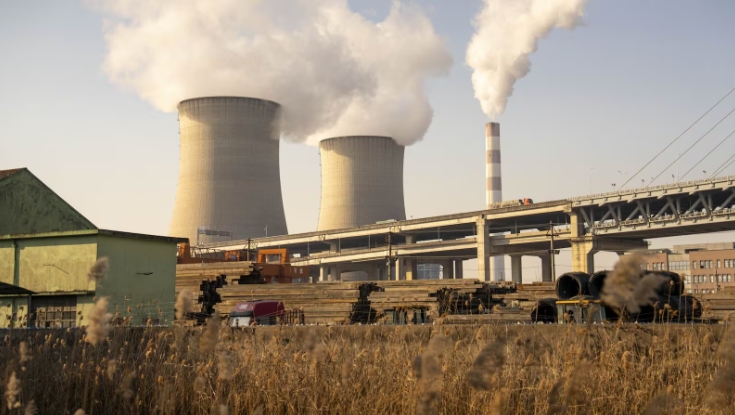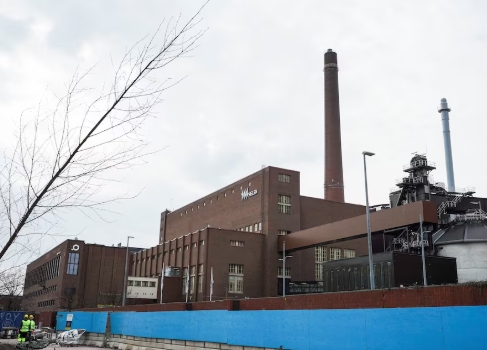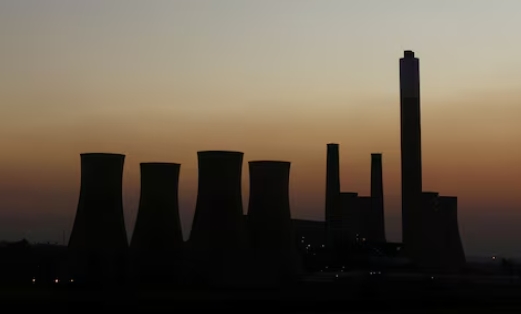The American ethanol industry has been absolutely pummeled in the last year, forcing a wave of production shutdowns across the Midwest. It turns out the idle plants could end up saving the greener fuel from the fate of negative prices that were seen in oil.

U.S. supplies of corn-based ethanol have swelled to a record as the coronavirus pandemic keeps drivers off roads. But here’s why biofuel prices, while still tumbling, are at least not likely to go below zero.
First, there’s the shutdowns. It’s a lot easier to idle a mill where grain is crushed into fuel than it is to close an entire oil field. American ethanol output has already slowed by the most in history, and it will be a relatively simple process to close more plants if prices keep falling.
“The ethanol industry apparently has the ability to turn off capacity in fairly short order,” said Ken Morrison, an independent trader in St. Louis.
Then there’s the storage question. For oil, chronic oversupply is overwhelming the world’s crude tanks, pipelines and supertankers, where it’s stored before being refined into gasoline and other fuels.
But ethanol doesn’t face the same pressure. While tanks and rail cars are filling up at plants, production slowdowns are limiting new inflows and making the storage situation easier to address.
The corn that would be turned into biofuel can be stored on the ground in bags, even if silos get full. Plus, the American harvest for the next crop is still months away. And if things are still looking just as dire then, the grain can just be left in the field.
That’s not to say everything’s gumdrops and roses for ethanol.
Demand destruction is hurting the industry badly -- causing an estimated $2.5 billion in damages in the top ethanol state of Iowa, according to a study last week. While prices are still on the positive side, margins have turned negative for a lot of producers. And with crude going below zero, it’s a sign that the situation for biofuel will continue to be painful for some time to come.
“Seeing these negative oil prices, there’s no incentive for ethanol to be running right now,” said Jacqueline Holland, grain market analyst at Farm Futures.







